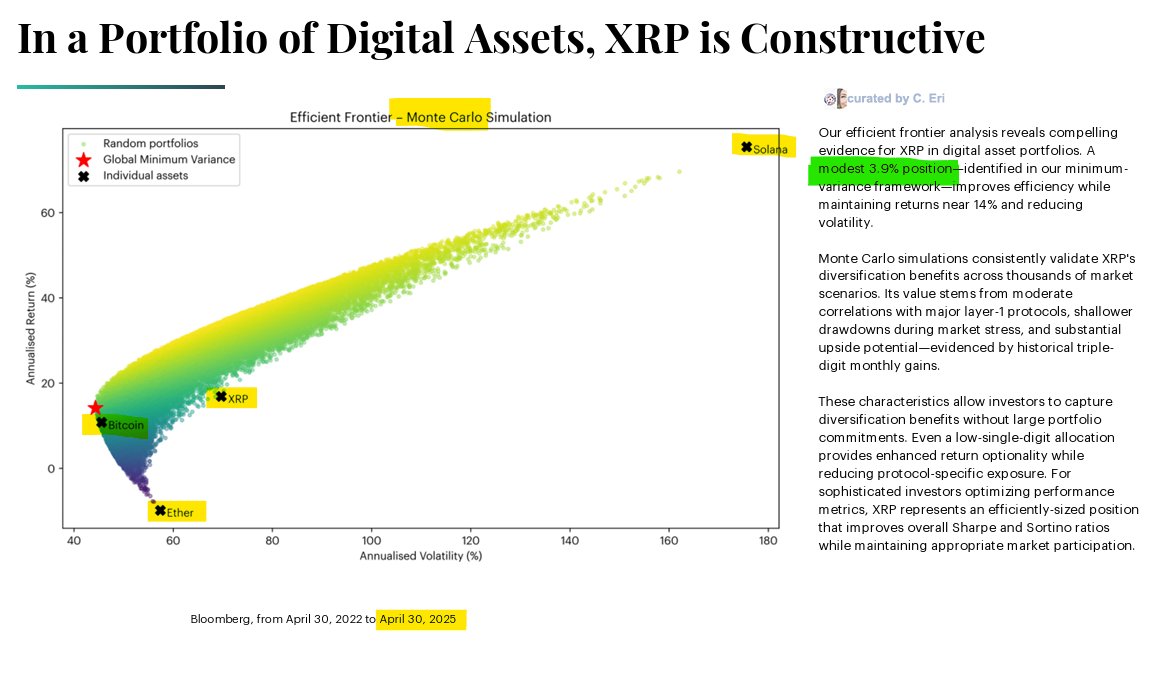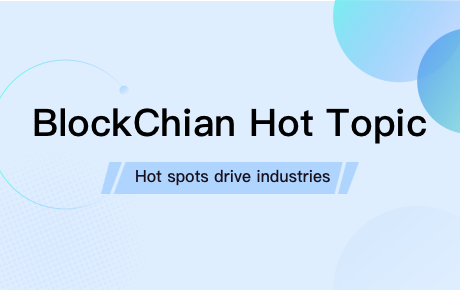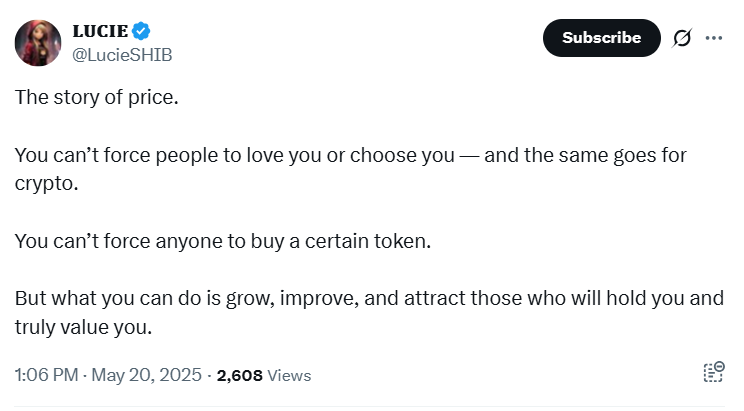Robinhood Proposes Federal Tokenization Framework, Targeting $30T Market
Favorite

Share

Scan with WeChat
Share with Friends or Moments
Robinhood has moved to reshape the U.S. financial infrastructure by proposing a national regulatory framework for tokenized real-world assets (RWAs) to the SEC.
This
move
positions the brokerage firm at the forefront of a growing sector projected to reach $30 trillion by 2030.
Robinhood’s proposal suggests treating tokenized assets, such as tokenized Treasury bonds or equities, as legally equivalent to their traditional counterparts. This equivalence would eliminate current legal uncertainties and allow institutions and broker-dealers to manage tokenized RWAs using existing regulatory frameworks, rather than operating under fragmented, state-level securities laws.
By advocating for unified federal oversight, Robinhood aims to simplify compliance, reduce costs, and increase participation from both institutional and retail players.
Introducing the Real-World Asset Exchange (RRE)
As part of the proposal, Robinhood outlined plans to launch the Real-World Asset Exchange (RRE). This trading platform seeks to combine off-chain trade matching with on-chain settlement.
It would utilize a dual-chain architecture on Solana and Base, enabling lightning-fast trade execution with sub-10-microsecond latency and up to 30,000 transactions per second.
This technical setup could compress the standard settlement time from T+2 to T+0, potentially reducing trading costs by 30% annually.
RRE would also integrate Anti-Money Laundering (AML) and Know Your Customer (KYC) tools through partners like Chainalysis and Jumio to meet global compliance standards.
Legal Foundation for a Tokenized Future
While the crypto industry has often seen technology outpace regulation, Robinhood’s proposal flips the script by starting with legal clarity.
The proposal does not introduce new technology but anchors existing blockchain capabilities within a legally compliant framework that could serve both traditional finance and DeFi ecosystems.
According to Mati Greenspan, founder of Quantum Economics, this could be the first viable path for a regulated U.S. broker to bring trillions of dollars in assets on-chain without compromising regulatory standards.
Tokenization Momentum Builds Across the Industry
Robinhood’s initiative comes amid a broader wave of tokenization efforts by financial heavyweights.
Earlier this month,
VanEck debuted
its tokenized fund, VBILL, in partnership with Securitize. Targeting institutional and qualified investors, VBILL offers blockchain-based access to U.S. Treasury-backed yields with real-time settlement and 24/7 liquidity.
Meanwhile, Franklin Templeton
received approval
from Singapore to launch the country’s first tokenized fund open to retail investors. With a minimum investment of just $20, the fund lowers entry barriers to institutional-grade money market instruments via blockchain.
Additionally, MultiBank Group signed a $3 billion tokenization agreement with UAE real estate giant MAG and blockchain firm Mavryk.
Eric Piscini, CEO of Hashgraph, emphasized that “the surge isn’t arbitrary,” but is driven by meaningful factors such as improving regulatory clarity, scalable technology, and increasing involvement from major industry players.
Disclaimer: This article is copyrighted by the original author and does not represent MyToken’s views and positions. If you have any questions regarding content or copyright, please contact us.(www.mytokencap.com)contact
About MyToken:https://www.mytokencap.com/aboutusArticle Link:https://www.mytokencap.com/news/507053
Previous:比特币以太坊凌晨最新行情走向分析:5/21
Next:绝不要低估美国稳定币《天才法案》意义
Related Reading



Kraken: Just a Little XRP Can Cut Risk and Lift Returns
A recent report from Kraken Exchange highlights XRP as a valuable asset in diversified crypto portfo...

21Shares Predicts Supply Crunch to Push Bitcoin Toward $138K
21Shares reports rising institutional demand and tightening supply could push the Bitcoin price high...

“You Can’t Force People to Choose You,” Shiba Inu Team Insists on Growth and Improvement
The Shiba Inu team is again highlighting the importance of ecosystem growth, suggesting these fundam...

